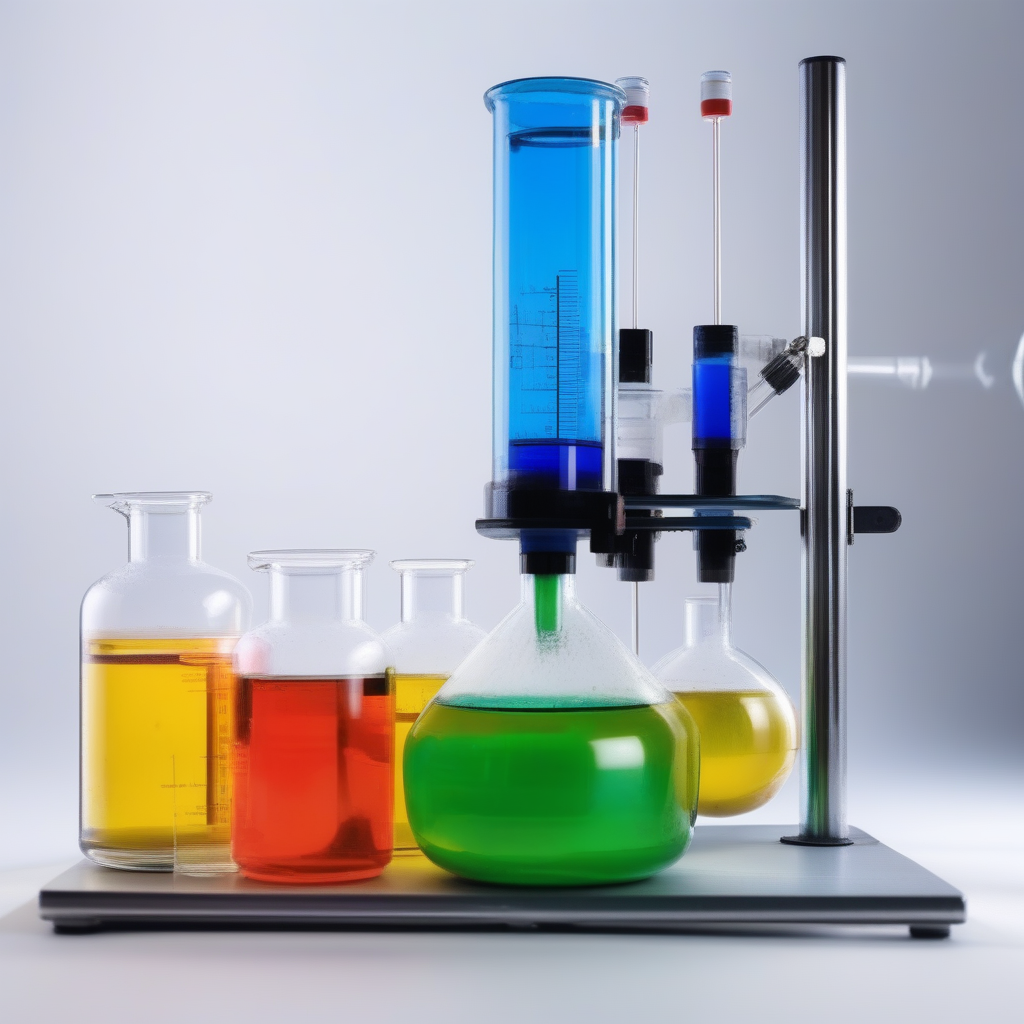Eluents are solvents used in chromatography to carry the sample through the stationary phase, allowing for separation and analysis of the different components in a mixture. The choice of eluent is crucial in determining the efficiency and accuracy of the chromatographic process. Different eluents have varying properties such as polarity, viscosity, and pH, which can affect the separation of compounds and the resolution of peaks.
One of the most commonly used eluents in chromatography is a mixture of water and organic solvents such as methanol or acetonitrile. These eluents are versatile and can be easily adjusted to suit the needs of different types of chromatography, such as reverse-phase or normal-phase chromatography. They also tend to provide good resolution and reproducibility in separations.
In addition to water and organic solvents, other eluents such as buffers and acids can also be used in chromatography to adjust the pH of the mobile phase and improve the separation of charged compounds. These eluents are particularly useful in ion-exchange chromatography, where the binding of ions to the stationary phase depends on the pH of the eluent. Overall, the choice of eluent plays a crucial role in determining the success of a chromatographic separation, and careful consideration should be given to selecting the most appropriate eluent for the specific application.
